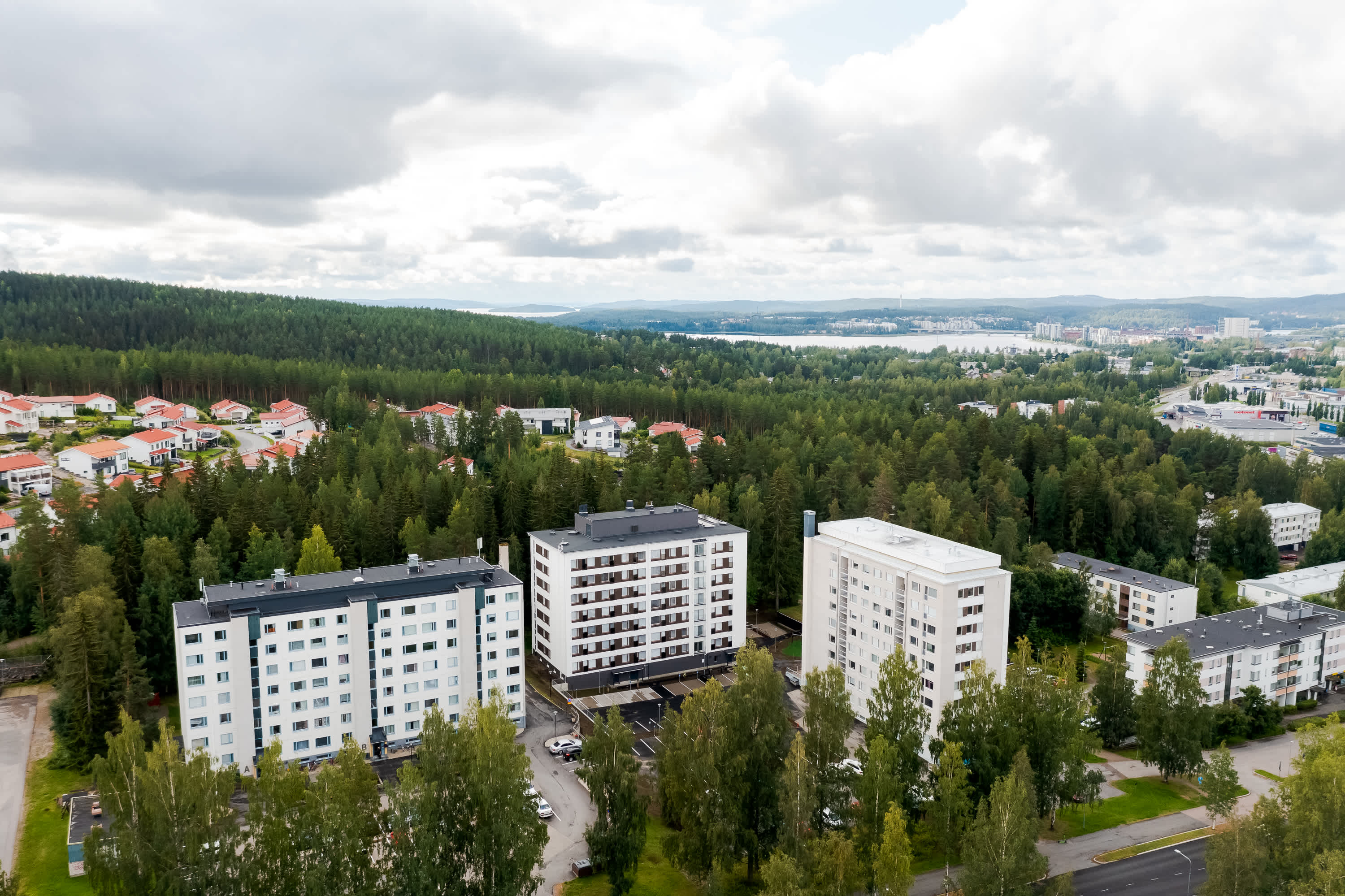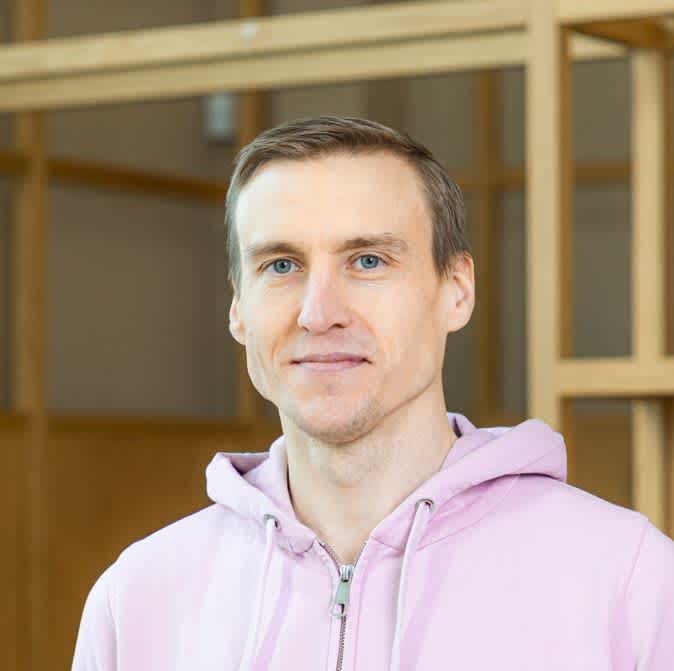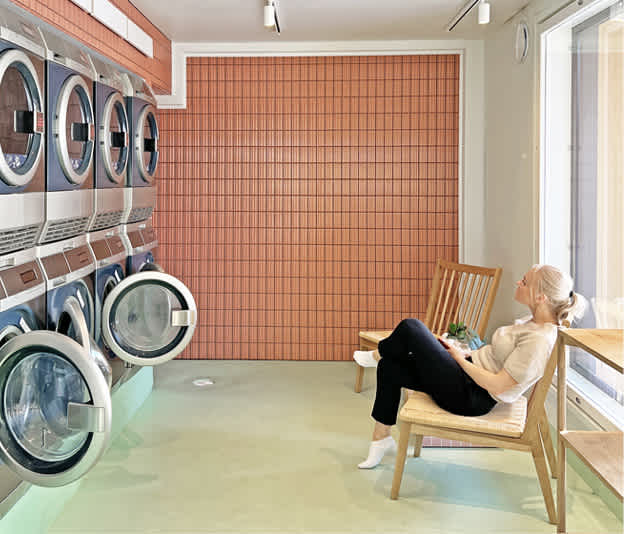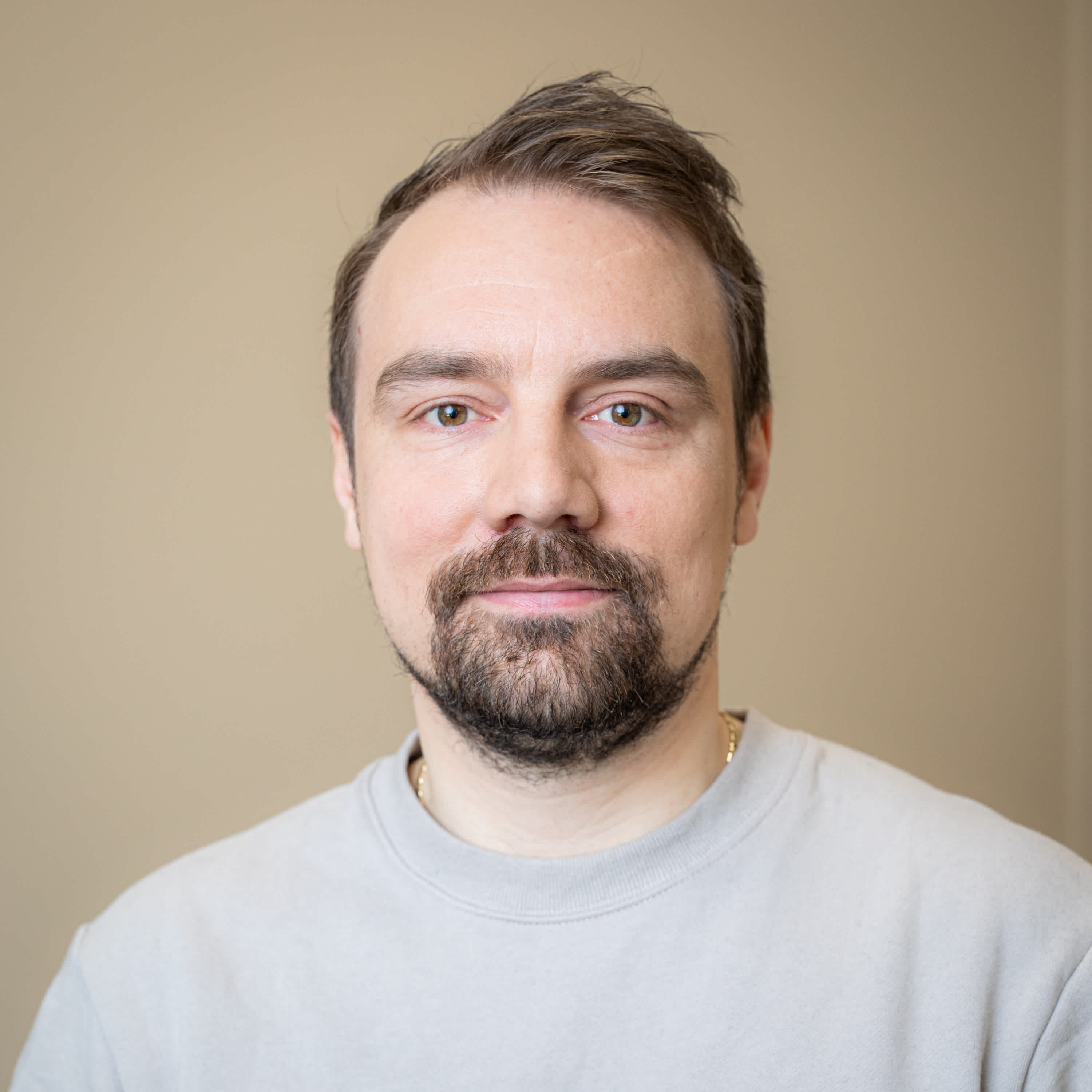The ancient wisdom behind our values

”Have I sat down yet?” Who would ask such a thing and what does it have to do with Asuntoyhtymä’s values? Let’s have a look!
In my last post I wrote about Asuntoyhtymä’s purpose. The purpose of a company is closely connected to its values: the principles which guide the fulfilment of that purpose. Only once we have values can we gradually approach practice, and we’ll eventually get to that in my posts, too.
But let’s talk about values first. The values I will showcase here are not in any way my own creations: they have already steered Asuntoyhtymä for a long time. They have just been put into clear words over the past winter, and here they are: Respect. Simplicity. Continuous personal and business development. Sustainability.
These values can mean many things, and their essence has already been explained in detail on our website. This time around, however, I will take the liberty to look at them from an alternative, a little more distant point of view from a couple of thousand years back. As I was once exposed to the ancient Roman philosopher Seneca’s book On the Shortness of Life, I now want to investigate what Seneca has to say about Asuntoyhtymä’s values.
I can’t claim to be a huge expert on ancient history. If you read this very short work, you’ll have read as much literature of the time as I have. I also believe that I’ve made the same observation as everyone else who’s opened his book: incredibly enough, the prose is totally timeless, applicable to the issues and problems of the 21st century, and entertaining, too. Hence I want to recommend it to others, too, as well as to see whether its many teachings might say something about the values we have chosen.
Respect and simplicity: who teaches whom
Respect is the value that is perhaps the most visible in our everyday working life. Nothing really works out without it, but when we take it onboard, most things just roll. Some might say that you don’t need Seneca to understand this. In fact, perhaps it is something we could teach him instead! That’s because he has a rather ruthless way of jeering at people and habits he considers silly. We must accept this as a stylistic technique, however, and try not to get angry about mockery that hits home so precisely even today.
”I hear that one of these pampered people (...) when he had been lifted by hands from the bath and placed in his sedan-chair, said questioningly: "Am I now seated?" Do you think that this man, who does not know whether he is sitting, knows whether he is alive, whether he sees, whether he is (...) the master of any of his time?”
This is how Seneca puts down those who have ”unlearned the habits of human life” and are ”lost in luxury”. The picture he paints may be amusing, but we all bear resemblance to these people, for example when we ask our watch whether we are hungry yet. There are very few things we do these days without asking a device for help – alternatively, we could ask Seneca.
As an antidote, Seneca suggest we should be more conscious of our choices and actions, and to live a more simple life. This is the exact sense in which we strive for simplicity at Asuntoyhtymä, too. We try to understand what it is we actually want to do, and then we try to do that as simply as possible. I have to admit that I often fail in this myself, but least I am painfully conscious of that failure.
Development and sustainability: unresolved conflicts
How about continuous personal and business development? Surely the distinguished philosopher who looks down at excessive hedonism and pretension would support such lofty values? Well, yes and no. In terms of personal development, he despises the cramming of pointless knowledge (and boasting with that in particular) but applauds the learning of ancient wisdom. I’ll leave it for the reader to decide in which category this blog post falls!
Seneca also emphasises subjecting oneself to different burdens, while on the other hand he encourages us to steer clear of them. Continuous development, if anything, is an endless sequence of burdens. It never gets any easier. So, Seneca doesn’t really answer whether it’s worth our while at Asuntoyhtymä to dedicate ourselves on forever developing our company and our services. Perhaps the answer lies in being more conscious, as we discussed earlier: develop yourself and your company if that is what you genuinely want to do.
Then, of course, there’s the ever-present sustainability. You can read all about what we mean by that on our website. Here, I thought I’d repeat an observation from another book about the sustainability of the ancient Roman society, which also applies to ours.
In Architecture: From Prehistory to Climate Emergency, Barnabas Calder writes about Rome as one of the first societies to have enough energy at its disposal – mainly in the form of grain from conquered territories – to enable the emergence of elites, who were at leisure to focus on things like gluttony, societal development, or idle philosophising. Its core, however, wasn’t sustainable. When the situation around energy supply changed, Rome with all its laudable and deplorable elements collapsed.
Our lifestyle and society, too, are based on extensive energy consumption – of course even much more so than those of the Romans. If our energy supply is taken away, our structures will collapse, but it may also collapse if we carry on consuming energy. Something would rise from the ruins eventually, just like after the fall of Rome, but it would be a painful process.
The problem, if I’ve understood and described it right, is a very fundamental one. Solutions are being sought and developed on different levels and fields, but what they will be isn’t quite clear, at least not to me. On the other hand, I haven’t finished Barnabas Calder’s book yet to find out its conclusions.
In any case, we and everyone else will certainly have our hands full. Our values will still be a good starting point, which sets us off in the right direction: towards a sustainable lifestyle that is, if it’s at all possible, in my opinion also respectful and simple. What’s more, it’ll never be completely finished, so it’s guaranteed to require continuous development.
But enough of developing this blog post now, as it appears to be time to eat.
P.S. You will find the books I wrote about at Joo. Kirjasto, our office library, as soon as our first book deliveries arrive!
Read more


Environmental wellbeing is at the heart of our sustainability efforts
CEO Antti Niskanen writes about Joo Group's long-term environmental work in his blog.


Better and more effective property management in-house
We have welcomed our first janitor and cleaning professionals to the Joo team in 2023.


The OKR model helps us react fast to changes
In 2023, we established an operational model for ourselves that holds particular value during these uncertain times.
